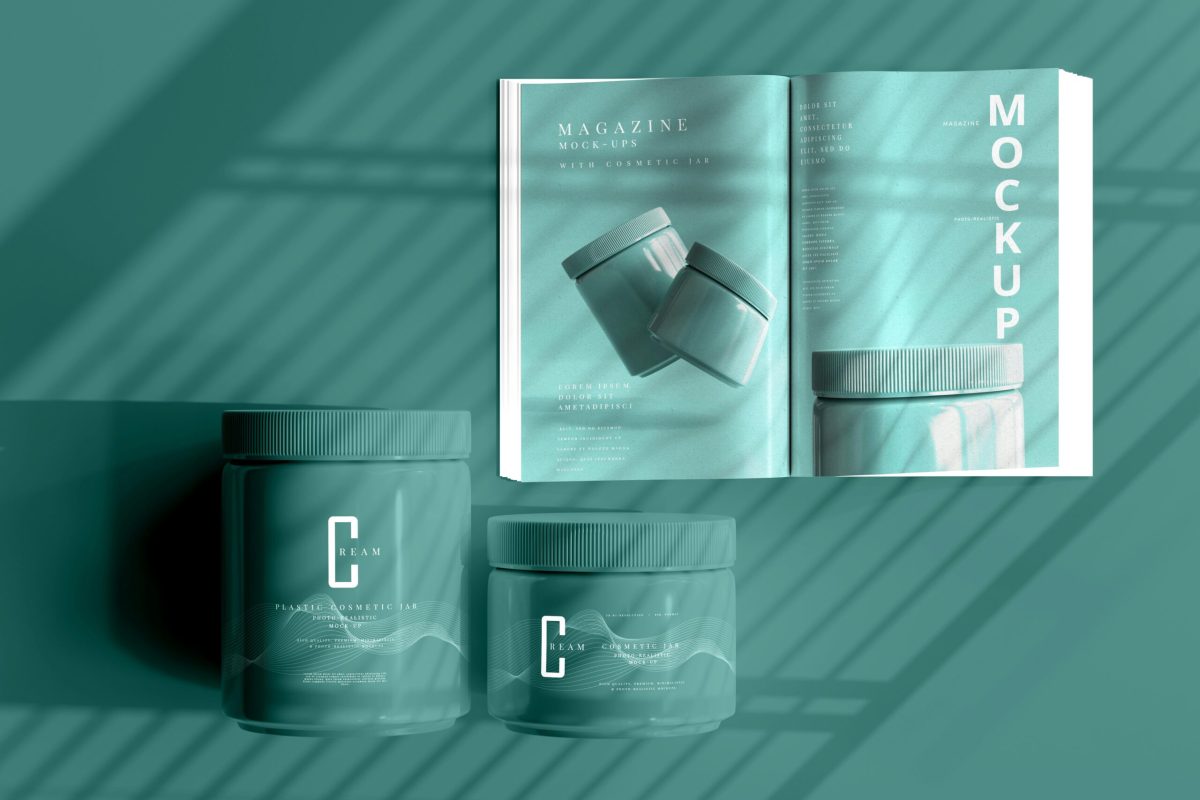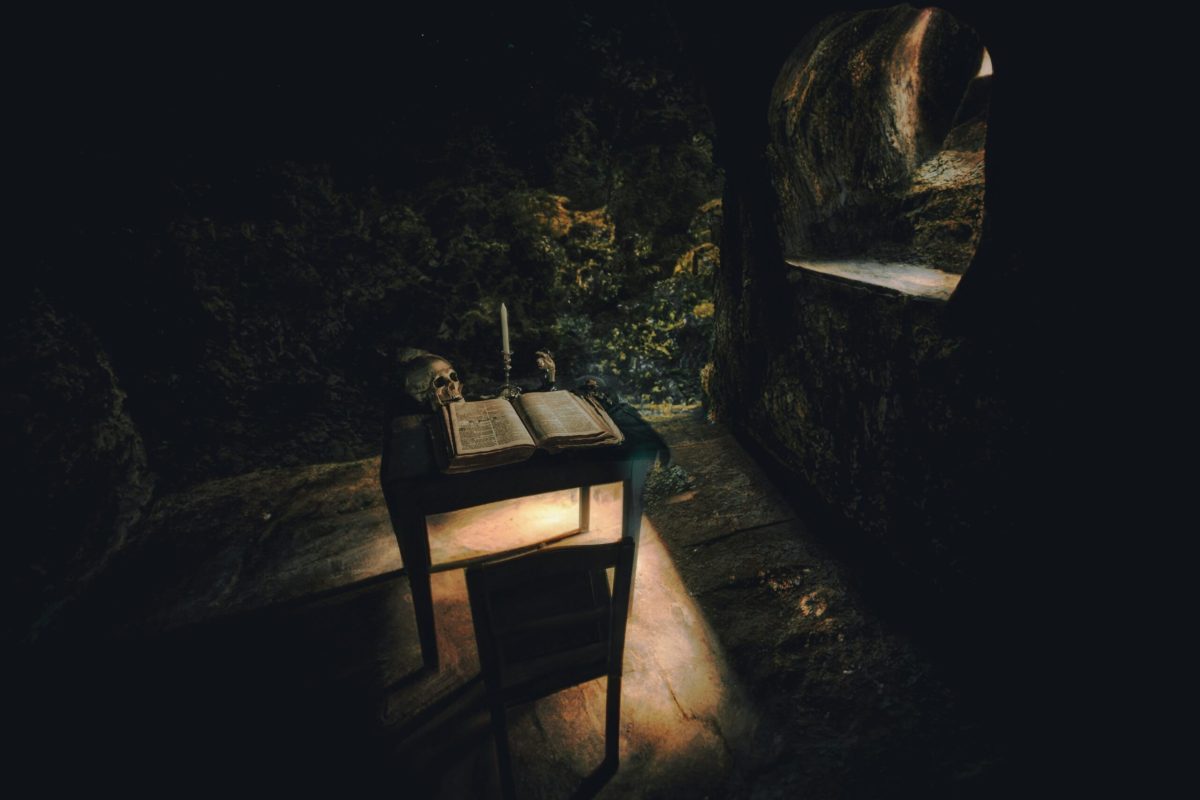Turning your childhood passion into a competitive sport is not something all of us strive towards. More often than not, it stays on a childhood sport, until athletes like National sailors Denise Lim and Justin Liu show us that it can signify a lot more.
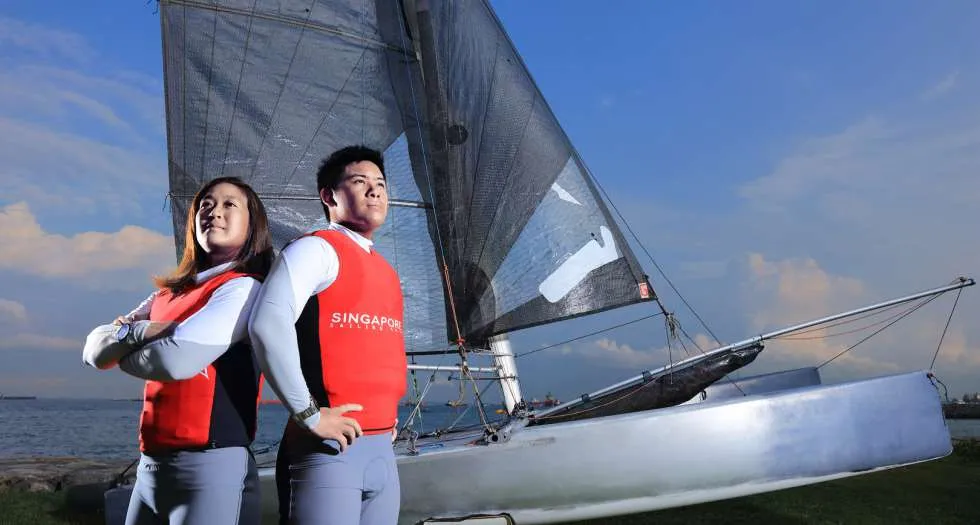
Athletes possess a mindset so powerful that it speaks volumes of their unwavering grit, staunch discipline and what we find most endearing is the zeal for what they do. Through their love for sailing Denise and Justin have found each other, the will to succeed, and a strength that propels them to battle the odds.
We met the affable duo at the Kallang Wave mall’s The Coffeebean & Tea Leaf, they met us after their gym session. What struck us the most during our conversation was their sheer humility – despite the honour of flying our national colours at the Rio 2016 Olympics, they appeared perplexed over our show of pride and appreciation as fellow Singaporeans.

Frankly speaking, fitting in a gym routine in my daily schedule seems like a struggle. Yet Denise, who is a trained nurse working at Changi General Hospital and Justin, who is currently pursuing a business and economics double degree at the National University of Singapore have the juggling act of work, study, training and gym down pat.
We met with them to learn about the motivation and inspiration that goes into reaching the pinnacle that is the Olympic Games from our little red dot.
As we left our coffee session, we felt enlightened. What we have come to realise is that, the main thread of motivation that seems to drive all athletes is their desire to represent their country’s colours anywhere in the world and in any competition – to fly the flag of the place they call home and are proud to be a part of. We have come a long way in fifty years and perhaps the time has come to see more being done for our athletes, regardless of the sport they are pursuing.
Majulah Singapura!
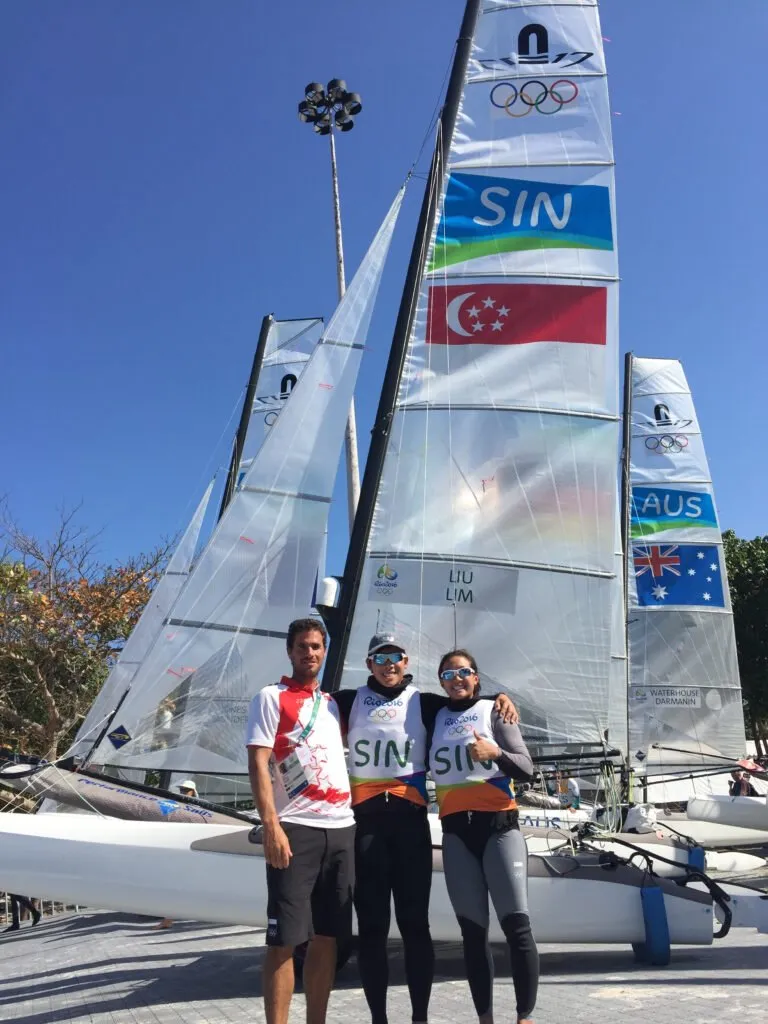
WHA: How did you get started in sailing?
DL:
I began sailing when I was in Primary 4, it was one of my CCAs in school.
JL:
I started sailing in primary school. My siblings had already picked up sailing so my parents decided to enrol me in a sailing beginning course.
WHA: How and why did the both of you decide to team up?
DL:
We were sailing together for fun previously in some events, and when the chance came up for a mixed crew to participate, it was easy to settle on our partnership.
JL:
We had sailed together in the past just for fun. In 2014, we both wanted to compete and sail at the Asian Games in South Korea. One of the categories we wanted to try for was the Hobie 16 class. The sailing federation set a specific requirement that the team to be selected for that class had to be mixed gender, so we decided to team up to try and get selected for the Asian Games.
WHA: It has been a hard road towards making it to the Rio 2016 Olympic Games, what have been some of the hardest moments and what has continued to motivate you through the tough times?
DL:
One of the hardest moments was when the Federation decided not to continue supporting our team midway through the campaign. I found motivation from my belief and confidence in our partnership and also from the moral backing of friends and kin.
JL:
One of the hardest moments was when our funding was cut during the period when we were aiming to qualify for the Olympics. It was tough to continue, knowing how uncertain our prospects were. We had no coach or support and had to rely on ourselves to gain qualification for the Olympics. I think we kept believing in ourselves and the team which carried us through the tough moments.
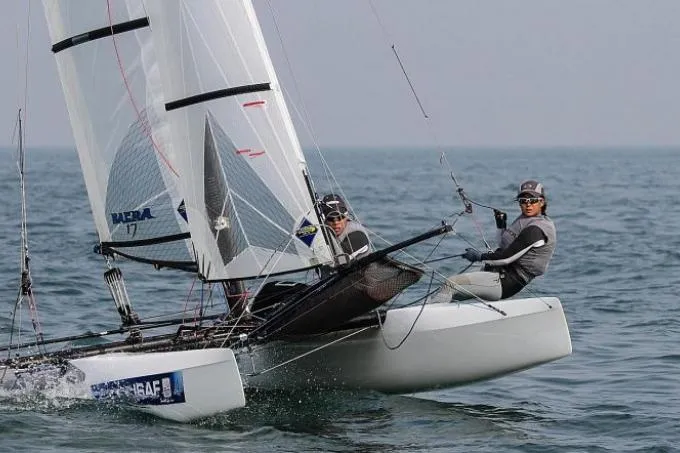
WHA: There is this perception that sailing is not a sport, what is your response to that?
DL:
Competitive sailing is definitely a sport! Those who have that perception most probably have not tried it or did only leisure sailing instead.
JL:
Come join us for a sail and see for yourself.
WHA: What is a typical day of training like for a sailor?
DL:
An ideal training day would be to wake up in the morning, have a gym session after breakfast, lunch, go for an afternoon sail until the sun sets then dinner! Maybe a cardio/ stretching session after to get ready for the next day.
JL:
Gym session before or after sailing. For sailing, we either do two 2-3 hour sessions or one 5-6 hour session on the water. Cardio session and recovery stretch after that.
WHA: Athletes have focused and disciplined minds, what would some of your strengths and weaknesses as an athlete be?
DL:
I would like to believe that I am a hardworking and a quick learner. Nevertheless, I sense that I need to improve on having more self-believe and confidence!
JL:
Being able to think fast and stay calm at the same time. In our category, because our boat moves really fast, everything happens really quickly and you have to be able to make quick decisions constantly during the race. One wrong move can cost you the race, so being able to think fast is crucial to do well.
I think my weakness would be that I can be very stubborn. When I have an idea or strategy in my head, it’s very hard to change my mind even if I’m wrong. I’ve made some huge mistakes in races because I didn’t listen to Denise.
WHA: You have trained in Europe before, how is the training different there and here in Singapore?
DL:
The difference between training overseas and in Singapore would be that we have our minds totally focused on preparation. Here in Singapore (as we are not full time athletes), there are other things to worry about. (eg. Work/school)
JL:
The biggest difference is the weather. It’s much colder in Europe, especially when you’re sailing. The winds are generally much stronger as well, which makes it more exciting and challenging.
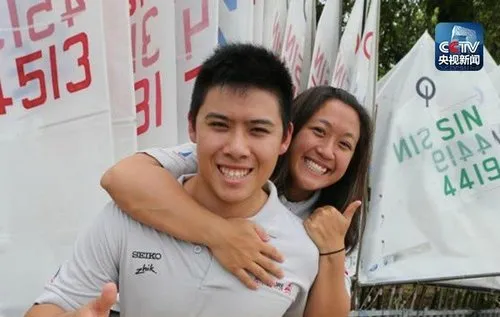
WHA: What might be the biggest obstacle/challenge that you see as a sailor?
DL:
One of the biggest challenges of sailing would have to be retaining the athletes we have as we age as many move on to other things in their lives.
JL:
I think it’s hard to stay in sports as you get older. There’s so many different responsibilities and things that may lead you down another path. I’m fortunate that I have the opportunity to continue doing something I love.
WHA: How did you prepare for the Rio 2016 Olympics?
DL:
There was a lot of support for the Rio Games, we had a nutritionist to ensure that we were eating well, a psychologist on board with us to find out how else we can improve on our mindsets, a gym trainer that helped us find the most appropriate programs. We also went to many sailing events to ensure that we know where we stand against our competitors.
JL:
I stopped school to train full time after we qualified for the Olympic Games. We spent almost the whole 6 months before the Olympics travel and competing overseas to get ourselves ready and set up for the Olympics.
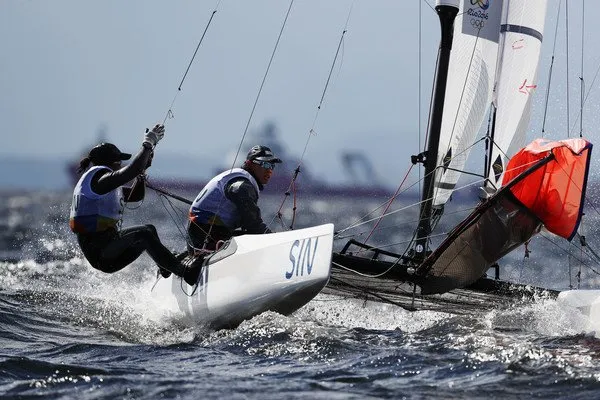
WHA: How is the experience at the Rio 2016 Olympics different from others competitions?
DL:
The experience was unbelievable. Having to see all the top athletes from different sports gather together for this one major event is eye-opening.
JL:
The whole build up and hype around the Olympics is different. It’s once every 4 years and something that athletes spend their lives campaigning for. When you’re at the Olympics, it just feels really special.
The Olympics are also different because you meet people from other sports. Almost everyone stays together at the Athlete’s Village. Being in that environment where you mingle with guys that you see on TV (Usain Bolt, Rafael Nadal, etc.) is pretty surreal.
WHA: Who are your sailing mentors and why?
DL:
Our coach and friend, Toni Rivas, as he helped us when we were out of ideas, and he is constantly giving us sound advice, for sailing and also in life.
JL:
Our former coach for the Olympics, Toni Rivas. He was one the few guys who trusted in our abilities from the very start. When we first saw him, he told us that he knew we would be able to qualify for the Olympic Games. At that time, we were very new to the class and we had a very steep learning curve. To hear that was quite inspiring for me even though I didn’t believe him at all. How far we’ve come today is mostly down to his counsel and coaching.
WHA: Were there any moments in a regatta that made you question/doubt your passion for sailing? If so, how did you overcome it?
DL:
When our results do not match up to my expectations, I doubt my ability, but never my passion for sailing. I overcome it by focusing on what I can improve on- it is a step-by-step process to get better.
JL:
I guess its tough when you don’t meet your expectations or goals in a regatta. But as athletes, I think we learn that it’s the failures that allow us to get stronger and improve. It’s the tough moments that motivates me to work harder.
WHA: Most recently Olympic Gold Medallist Joseph Schooling called for more support for our athletes, what are your thoughts on this?
DL:
I feel that Singapore does have the potential to become a perfect place for sporting talents to be groomed. With the change in mindset recently in society, sports is slowly finding its place. I think it is important that private companies should come on board as sponsors to help create more awareness and support for all sports rather than athletes having to rely on government funding.
JL:
I always think more can be done. I think many talented athletes fall through the gaps or stop because the support system is not there. I feel that if you have athletes that are really passionate and love the sport, there should always be a place for them. Sometimes there’s too much politics in sports and athletes suffer because of that.
WHA: Do you have a saying or motto that you live by?
DL:
If others can do it, I can too!
JL:
Keep doing what you love while you still can.
WHA: What 1-2 things do you believe differentiates you from your contemporaries?
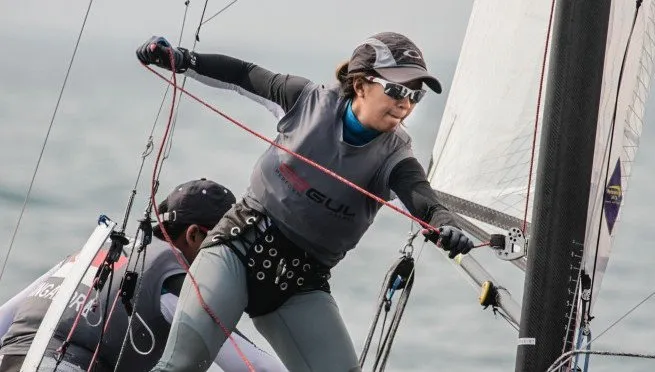
DL:
I think that I have experienced the luxury of understanding superiors who allow me time away from work to live my sailing lifestyle.
JL:
I don’t think I’m any different. I’m only lucky that I found a passion that I enjoy and can continue doing all the same.
WHA: You made it to the Rio 2016 Olympic Games, what is the secret to your success?
DL:
There is no mystery to success, but it is important to remain firm for what you believe in when people put you down. Work hard and your efforts will show.
JL:
I think we worked hard, really hard to get there, but more importantly, we persevered even when the odds were stacked against us. There were so many occasions where it was easier and probably advisable to stop the campaign, but we managed to pull through in the end thankfully.
WHA: How do you juggle work/studies and training?
DL:
I am lucky to have Justin as my partner as he is a great planner. He plans our training around my work schedule. CGH has also been very accommodating with my requests to train overseas!
JL:
I try to be organized and be efficient with my time. I’m lucky that my school (NUS) has been really accommodating in allowing me to take leave to train and the professors have been very understanding in terms of course work (extending deadlines, makeup exams, etc.)
WHA: You are both partners in sailing and in life, how is that advantageous for the both of you and how do you manage the personal from the pragmatic?
DL:
I think it’s great that we understand each other very well, and we know how to ensure that we push each other for the better. We don’t have to go on dates, we go sailing!
JL:
I think it helps in terms of our teamwork and also our communication when we sail. We know each other so well, so it makes everything easier. I guess we try to separate sailing from personal life, but it’s not always possible. Having been together for some time, we’ve learnt how to move on when we have like arguments and stuff.
WHA: Do you ever sail for fun?
DL:
I always try to have fun when I sail! If there is no fun, it will become boring eventually.
JL:
I think sports are always meant to be fun. That’s how passion grows. For me sailing and competing hard is the fun part of the sport.
*Photos courtesy of Denise Lim and Justin Liu
P Durga Ang
Chief Writer (WriteHaus Asia)

